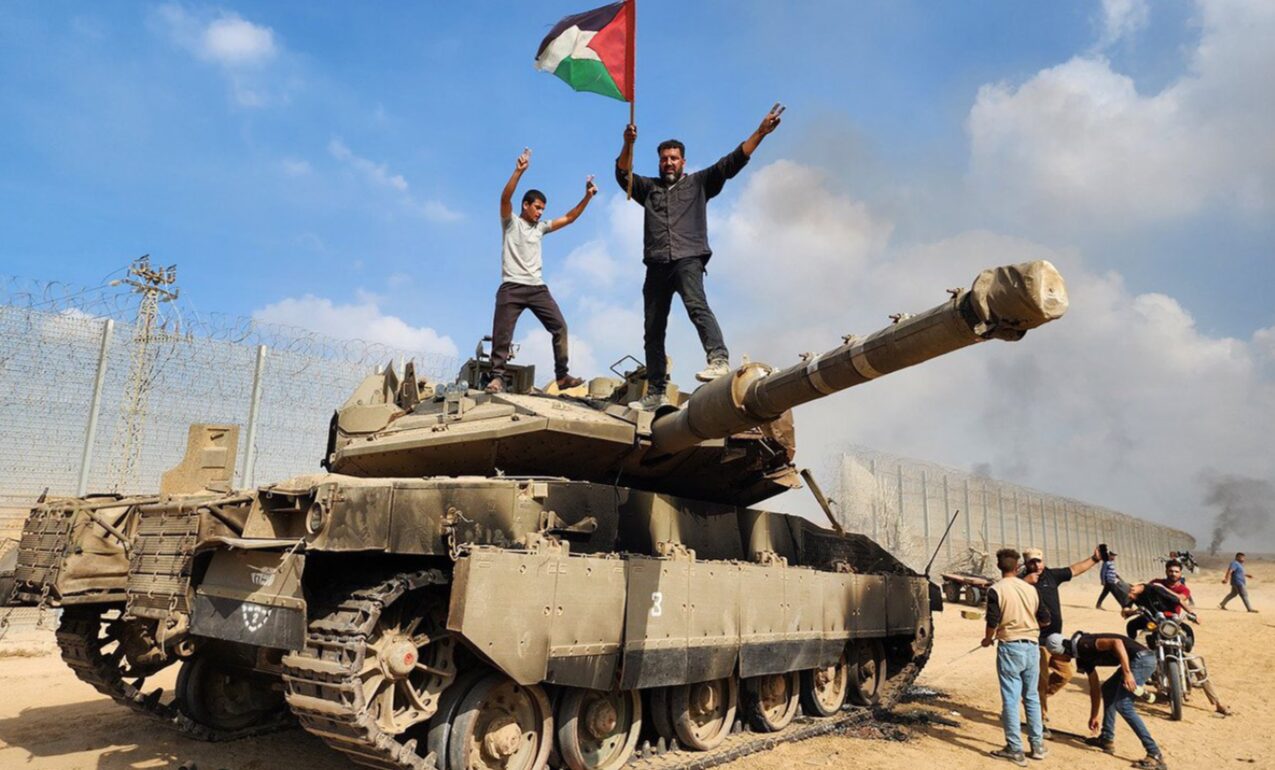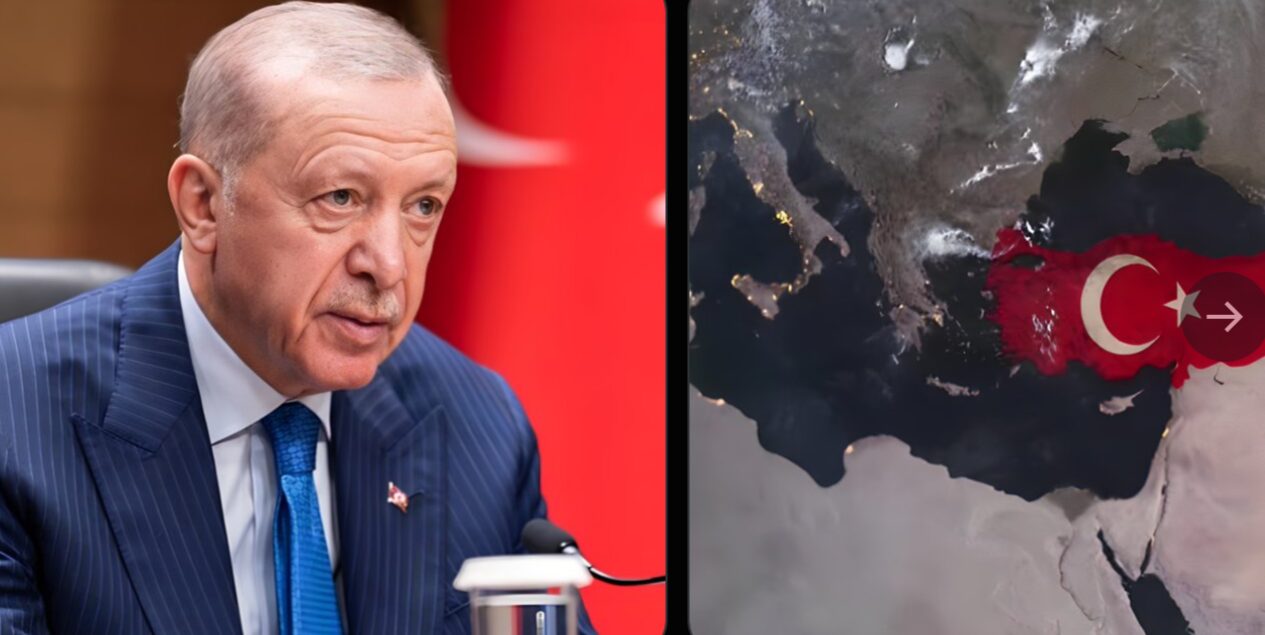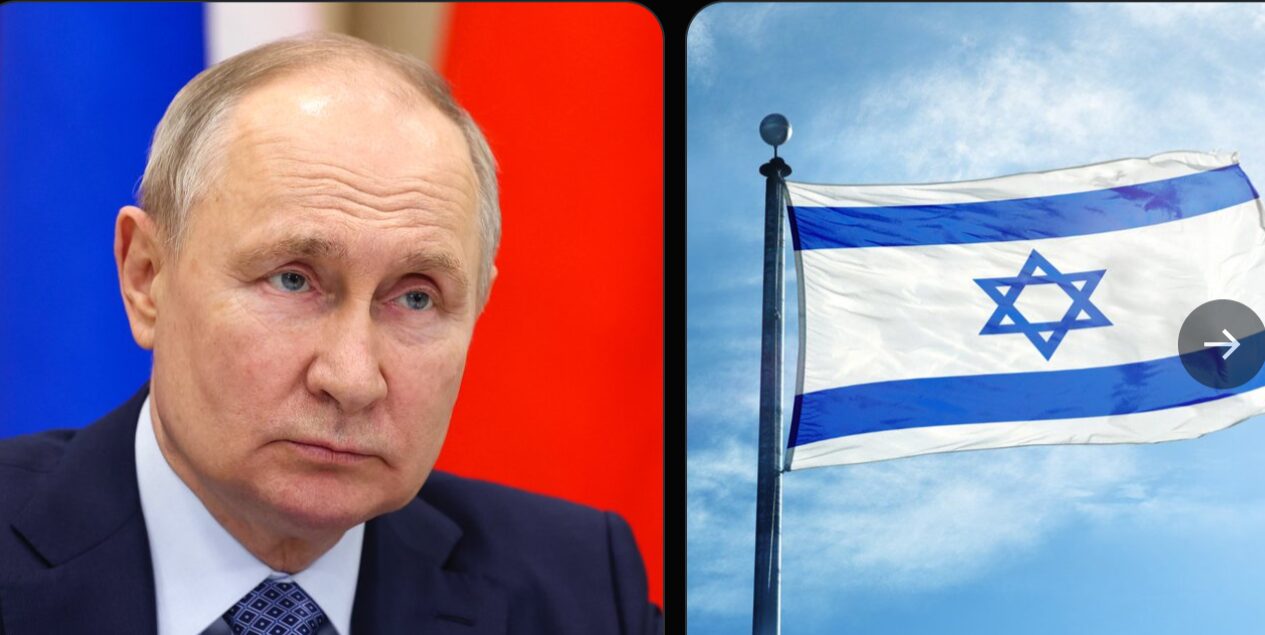VICTORY: HAMAS & ISRAEL agree to CEASEFIRE
In a groundbreaking development, Hamas and Israel have agreed to a ceasefire, bringing an end to a conflict that has resulted in devastating losses and international outcry. The announcement has been met with both relief and skepticism, as the violence that erupted between the two sides has left thousands dead and displaced many more. While the ceasefire holds the potential to save lives and provide much-needed humanitarian relief to the affected areas, its lasting impact will depend on the willingness of both parties to uphold the agreement and move toward a more permanent peace. This moment of respite offers hope but also serves as a reminder of the fragility of peace in the region.
The Path to Ceasefire: A Complex Negotiation
The ceasefire agreement was reached after weeks of intense negotiations, mediated by international actors seeking to de-escalate the violence and prevent further destruction. Key regional players, including Egypt and Qatar, played a pivotal role in facilitating talks between Hamas and Israeli officials, with the United Nations also involved in the mediation process. The agreement stipulates an immediate cessation of hostilities, including airstrikes, rocket attacks, and ground operations, and calls for the opening of humanitarian corridors to allow aid to reach the civilians who have been most affected by the conflict.
This ceasefire marks a significant achievement, considering the long history of hostilities between Hamas and Israel. Both sides have experienced substantial losses, with the civilian toll especially devastating in Gaza, where Hamas has its stronghold. In Israel, the rocket attacks launched by Hamas have caused widespread damage and loss of life. The agreement has raised hopes that, despite their deep political and ideological divides, the two parties might be able to find common ground for a more lasting peace.
Impact on the Ground: Immediate Humanitarian Relief
The most immediate benefit of the ceasefire is the potential for humanitarian aid to reach those in desperate need. The conflict, which escalated after a series of violent clashes in Jerusalem, had exacerbated an already dire humanitarian situation in Gaza, where access to basic necessities like food, water, and medical supplies had been severely restricted. With the ceasefire in place, international organizations have been able to begin delivering much-needed aid to the region.
In Israel, the ceasefire has provided a reprieve for civilians living in areas that were repeatedly targeted by Hamas rockets. The sense of relief, however, is tempered by the ongoing trauma experienced by the population, many of whom have lived through weeks of constant threat to their lives and homes. Both sides are now looking to rebuild, but the path forward remains uncertain.
A Fragile Peace: What Happens Next?
While the ceasefire is a positive development, the question of whether it will hold is a pressing concern. The history of ceasefires between Hamas and Israel has been marked by repeated violations and broken agreements. Both sides have, at various times, accused each other of failing to adhere to previous truce terms, and there is a widespread belief that the peace established by this new ceasefire may be temporary unless deeper issues are addressed.
For Israel, the primary concerns are the continued threat of Hamas’ military capabilities and the question of how to deal with the group, which Israel and many other nations consider a terrorist organization. For Hamas, the ceasefire may be seen as a victory, but the group has long demanded greater concessions from Israel, including the lifting of the blockade on Gaza, the return of prisoners, and the end of Israeli occupation of Palestinian territories.
The international community will be closely monitoring the situation to ensure that both parties honor their commitments. Pressure from global powers, including the United States, Russia, and the European Union, will likely play a crucial role in ensuring that the ceasefire holds and that both sides take the necessary steps toward a more permanent resolution.
The Role of International Diplomacy in Peace Efforts
International diplomacy will continue to be a critical factor in determining the long-term success of the ceasefire and the potential for peace in the region. While regional players like Egypt have played a key role in brokering this agreement, international organizations like the United Nations have also been instrumental in pushing for dialogue and providing support for humanitarian efforts.
The ceasefire represents a potential turning point in the ongoing Israeli-Palestinian conflict, but it is clear that achieving lasting peace will require more than just a temporary halt in fighting. For peace to be sustainable, it will require addressing the root causes of the conflict, including the status of Jerusalem, the future of Palestinian refugees, security concerns for Israel, and the question of Palestinian statehood.
Public Reactions and Global Impact
The announcement of the ceasefire has been met with mixed reactions both domestically and internationally. In Gaza, Palestinians have celebrated the end of the immediate violence, though many are still grappling with the aftermath of the conflict. For many in Gaza, the ceasefire is seen as a necessary step toward securing much-needed relief, but there is also widespread frustration with the lack of progress toward a permanent solution to the underlying issues.
In Israel, the reaction to the ceasefire has been more cautious. While the immediate threat of rocket fire has been alleviated, many Israelis remain deeply concerned about the long-term security situation and the continued threat posed by Hamas. The Israeli government has vowed to maintain its security measures and will likely continue its efforts to curb Hamas’ military capabilities in the region.
Internationally, the ceasefire has been welcomed by governments and organizations that have been calling for an end to the violence. World leaders, including U.S. President Joe Biden, have praised the ceasefire and expressed hope that it could pave the way for renewed diplomatic efforts to address the broader Israeli-Palestinian conflict.
The Path Forward: Challenges and Opportunities
Looking forward, the road to lasting peace remains fraught with challenges. The ceasefire provides a much-needed break from violence, but it does not resolve the deep-rooted political and territorial disputes that have fueled the conflict for decades. The challenge now is to build on this fragile peace and move toward a comprehensive and sustainable solution.
To do so, both Hamas and Israel will need to engage in serious dialogue, potentially with the assistance of international mediators, to address the key issues of the conflict. The broader international community must also be committed to supporting a peace process that includes all relevant parties, including the Palestinian Authority and other Palestinian factions.
Ultimately, the success of this ceasefire and any future peace efforts will depend on the willingness of both sides to make concessions, recognize each other’s security concerns, and work toward a solution that provides justice and security for all parties involved. While this ceasefire is a significant step forward, the long-term peace in the region remains an elusive goal that will require continued efforts, patience, and compromise from all sides.

















Post Comment